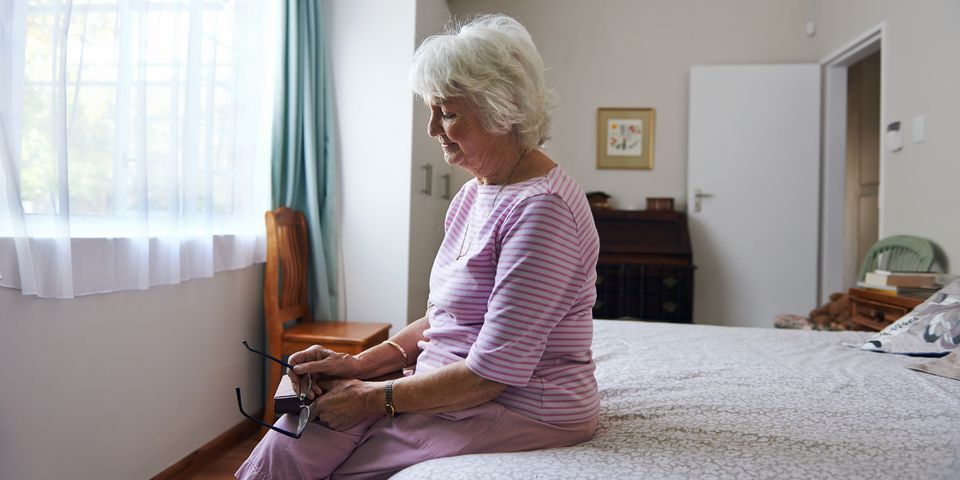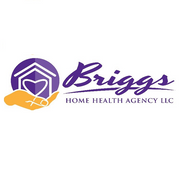
People with Alzheimer's or dementia can experience symptoms like irritability and restlessness. When these symptoms occur during certain times of the day, the condition is referred to as sundown syndrome. In order to provide sufficient senior care, you must understand this syndrome and the effects it causes. This guide explains a few important basics.
FAQ About Sundown Syndrome
What are the symptoms of sundown syndrome?
Symptoms usually begin in the late afternoon or early evening, just when the sun is starting to fade. During this time, your loved one may exhibit intense anxiety bordering on agitation, as well as confusion and disorientation. They may feel the urge to leave the home to do something, but are unable to explain where or what. Seniors can also experience hallucinations and delusions, which will further inflame their agitated state.
What causes this condition?

While there's no definitive cause, it's theorized that sundowning has something to do with the body's internal clock. Alzheimer's and dementia cause changes to structures in the brain, which can affect the sleep/wake cycle. Nighttime also naturally triggers fear in many people, which can become even more pronounced when cognitive decline is a factor. Certain things can also trigger sundown symptoms, such as hunger, discomfort, and depression.
Is sundown syndrome the same as delirium?
While somewhat similar, delirium occurs at different times during the day and tends to come and go suddenly. States of delirium require a medical assessment to manage symptoms and keep your loved one comfortable. If you notice new changes in behavior or confusion that's significantly worse, it's best to schedule a doctor's appointment.
How can it be managed?
Sundown syndrome can't be cured, but the right senior care can put your loved one at ease. Increasing the lighting in the home during the evening can make a person feel more safe and secure. When your loved one becomes extremely agitated, look for a way to distract them. Reading their favorite book or putting on a beloved movie can be soothing. Also, make sure their bedroom is amenable to quality sleep by creating a quiet, comfortable space.
When you need help with senior care, Briggs Home Health Agency has so much to offer. These compassionate caregivers are available 24/7 to ensure your family member has the companionship they need whenever they need it. The staff is also fully trained in handling dementia symptoms, which means they can provide comfort to seniors and ensure you have the right support. Request a home health assessment in Norfolk, VA, by calling (757) 628-1011. You can also visit the website for more great tips and information.
About the Business
Have a question? Ask the experts!
Send your question

